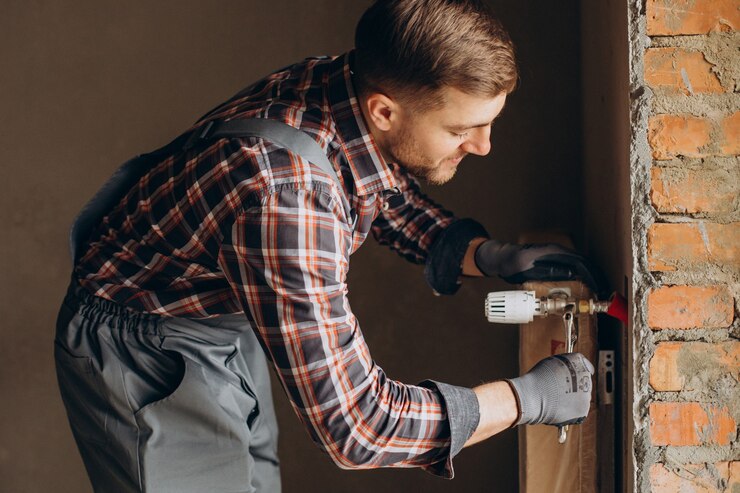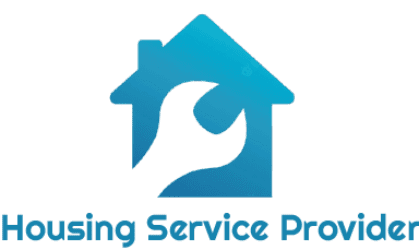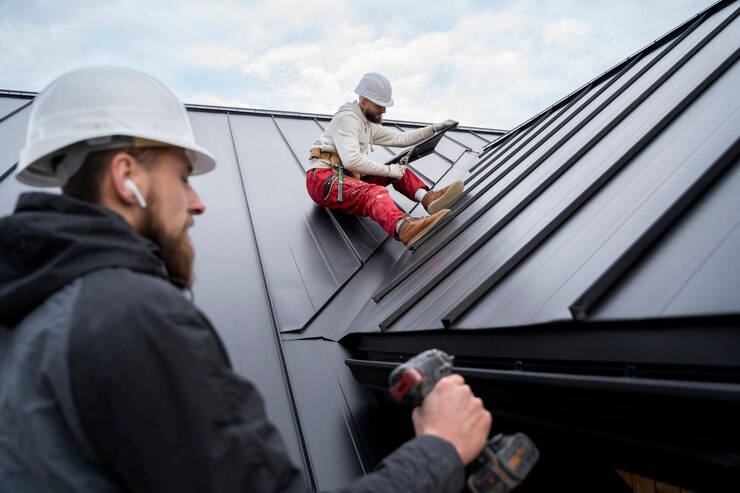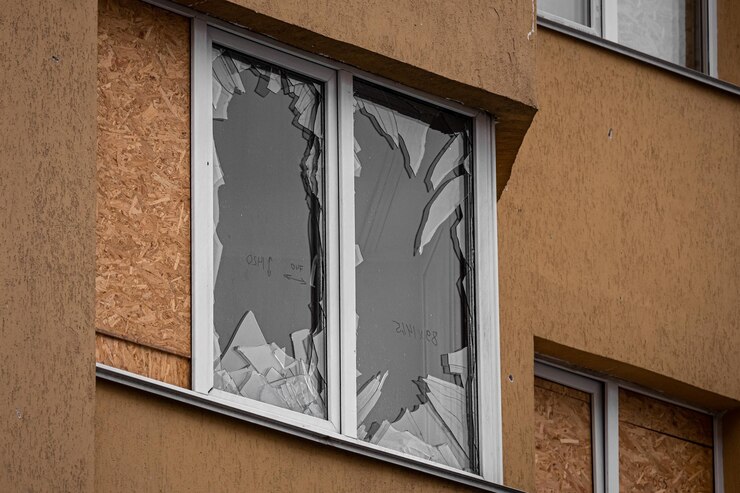Yes, home insurance coverage typically includes chimney repairs as part of its policy. Home insurance covers the cost of repairing or replacing damaged chimneys caused by covered perils such as fire, storms, or falling objects.
Chimney repairs are essential for maintaining the safety and functionality of the home and ensuring proper ventilation. However, the extent of coverage may vary depending on the insurance company and the specific policy. It is crucial to review the policy and understand the terms and conditions to accurately assess the coverage provided for chimney repairs.
Taking prompt action and reporting the damage to the insurance company is advisable to expedite the necessary repairs and minimize any further risks.
Understanding Home Insurance Policies
Understanding home insurance policies is essential for homeowners looking to protect their investment. Home insurance provides coverage for a wide range of potential damages and liabilities, ensuring that you are financially protected when unforeseen events occur. One common concern among homeowners is whether home insurance covers chimney repairs. In this article, we will delve into the different types of home insurance coverage and explore whether chimney repairs fall within their purview.
Different Types Of Home Insurance Coverage
Home insurance policies can vary in terms of the coverage they provide. It’s important to understand the different types available, as this will determine the extent of protection you have for various events that may cause damage to your property.
Here are some of the common types of home insurance coverage:
- Dwelling coverage: This covers the physical structure of your home and any attached structures, such as garages or decks.
- Personal property coverage: This protects your belongings, such as furniture, electronics, and appliances, in case of damage or theft.
- Liability coverage: This provides financial protection if someone is injured on your property and decides to sue you for medical expenses or other damages.
- Additional living expenses coverage: This covers the costs of temporary accommodation and living expenses if you are unable to stay in your home due to a covered event.
Coverage For Property Damage
When it comes to property damage, home insurance generally provides coverage for sudden and accidental damage caused by certain perils. Common perils covered by home insurance policies include fire, lightning, windstorms, hail, and vandalism. If your chimney is damaged due to any of these events, you may be eligible to file a claim for repairs.
However, it’s important to note that home insurance typically does not cover damage caused by regular wear and tear or lack of proper maintenance. Chimney repairs that are needed due to age-related deterioration or neglect may not be covered under your policy.
Coverage For Specific Perils
Home insurance policies often specify the perils they cover in detail, so it’s crucial to review your policy to determine whether chimney repairs are included. Some policies may have specific exclusions for chimney-related damages or require additional coverage for specific perils, such as earthquakes or floods.
If you are unsure about the coverage provided by your policy, it’s recommended to reach out to your insurance provider and ask for clarification. They will be able to provide you with the necessary information and guide you through the claims process if chimney repairs are covered under your policy.
Exploring The Extent Of Home Insurance Coverage
When it comes to homeowners insurance, it’s important to understand the extent of coverage for various aspects of your home. One area of concern for many homeowners is chimney repairs. Chimneys are prone to damage from various factors, and it’s crucial to know whether your insurance policy will cover these repairs or if you’ll be left to foot the bill yourself. In this article, we’ll explore the extent of home insurance coverage for chimney repairs, including the factors that affect coverage, how to determine the cause of chimney damage, and the common causes of such damage.
Factors Affecting Coverage For Chimney Repairs
When it comes to chimney repairs, the extent of coverage provided by your home insurance policy may vary depending on several factors. While each insurance policy is unique, there are a few common elements that can influence the coverage:
- The type of policy you have: Different types of home insurance policies offer different levels of coverage for chimney repairs. It’s essential to review your policy and understand the specifics.
- The cause of the damage: Insurance companies may consider the cause of the chimney damage when determining coverage. Certain causes may be excluded or require additional coverage. We’ll dive deeper into this in the next section.
- The age and condition of your chimney: Older chimneys or those in poor condition may have limited coverage. Insurance providers may require regular maintenance or inspections to qualify for coverage.
Determining The Cause Of Chimney Damage
Before filing a claim for chimney repairs, it’s important to determine the cause of the damage. Insurance companies may require this information to assess coverage eligibility. Here are a few steps to help you determine the cause:
- Visual inspection: Start by visually inspecting your chimney for any visible signs of damage. Look for cracks, crumbling mortar, loose bricks, or leaning chimneys.
- Hire a professional: If you’re uncertain or suspect underlying issues, it’s recommended to hire a professional chimney inspector. They can perform a detailed examination and provide a report identifying the cause of the damage.
- Document the findings: Take photographs and keep records of the inspection and any reports you receive. This documentation will be valuable when filing an insurance claim.
Common Causes Of Chimney Damage
Chimneys can sustain damage from various factors, and understanding the common causes can give you insights into potential coverage limitations. Here are some of the most prevalent causes of chimney damage:
| Cause | Description |
|---|---|
| Poor maintenance | Lack of regular maintenance, such as cleaning and inspections, can lead to chimney damage over time. |
| Weathering | Exposure to harsh weather conditions like extreme heat, freezing temperatures, and heavy rain can cause structural deterioration. |
| Chimney fires | If a chimney fire occurs, the intense heat can cause cracks, weakened structure, and damage to the chimney liner. |
| Water damage | Water intrusion from leaks or damaged flashing can result in moisture-related issues, such as spalling or rusting of materials. |
Understanding these common causes of chimney damage can help you proactively address issues and potentially prevent further damage.
Determining Coverage For Chimney Repairs
Reviewing The Policy Language
When it comes to determining coverage for chimney repairs through your home insurance, the first step is to review the policy language. Each insurance policy may vary in terms of what is covered and what is not. Therefore, it is essential to carefully examine your policy to understand the specific coverage related to chimney repairs.
The policy language will outline the extent to which chimney repairs are covered, taking into account factors such as the cause of the damage and the extent of the repairs required. Understanding the policy language is crucial in order to avoid any surprises or misunderstandings when filing a claim for chimney repairs.
Assessing The Cause Of The Chimney Damage
After reviewing the policy language, it is important to assess the cause of the chimney damage. Home insurance policies typically cover chimney repairs caused by specific events, such as fire, vandalism, or severe weather conditions. If the damage to your chimney is a result of one of these covered perils, you may be eligible for insurance coverage.
However, it is important to note that not all causes of chimney damage will be covered by home insurance. For example, if the damage is due to wear and tear or lack of maintenance, it may not qualify for coverage. It is crucial to evaluate the cause of the chimney damage before proceeding with a claim.
Documenting The Extent Of The Damage
Once you have determined that the cause of the chimney damage is covered by your policy, the next step is to document the extent of the damage. This documentation will serve as evidence when filing a claim with your insurance company.
Take photographs of the damaged chimney from multiple angles, capturing detailed images of the cracks, crumbling bricks, or any other visible damage. Additionally, keep records of any professional assessments or repair estimates you obtain. The more evidence you can provide to support your claim, the more likely you are to receive the coverage you need for chimney repairs.

Additional Considerations For Chimney Repairs
When it comes to maintaining your home and protecting it from potential damages, home insurance plays a crucial role. However, when it comes to chimney repairs, there are additional considerations you should keep in mind. In this section, we will discuss the importance of professional inspections and maintenance for chimneys, exceptions and limitations in home insurance coverage regarding chimney repairs, and the optional endorsements available to ensure your chimney is well-protected.
Professional Inspections And Maintenance
Regular professional inspections and maintenance for your chimney are essential to ensure its optimal performance and longevity. Chimney experts recommend having your chimney inspected at least once a year, especially before the start of the heating season.
During a professional inspection, the chimney technician will thoroughly examine your chimney for any signs of damage or deterioration, including cracks, loose bricks, or worn-out mortar joints. They will also check for issues such as creosote buildup, which can be a fire hazard. Identifying these problems early on and addressing them promptly can help prevent major chimney repairs down the road.
Exceptions And Limitations In Home Insurance Coverage
While home insurance can provide coverage for chimney repairs under certain circumstances, it’s important to be aware of the exceptions and limitations that may apply. Home insurance typically covers sudden and accidental damages, such as damages caused by a lightning strike or a fallen tree limb. However, gradual wear and tear or pre-existing issues may not be covered.
Moreover, if the damage to your chimney is a result of inadequate maintenance or neglect, your insurance company may deny the claim. It’s essential to review your home insurance policy to understand the specific coverage for chimney repairs and any exclusions that may apply.
Optional Endorsements For Chimney Repairs
To ensure comprehensive coverage for chimney repairs, you may consider opting for additional endorsements or riders to your home insurance policy. These endorsements provide extra protection for specific risks associated with chimneys, such as damage caused by chimney fires or structural collapses.
Endorsements can be customized to suit your specific needs, and they often come with additional premiums. However, the added coverage can provide peace of mind knowing that your chimney is adequately protected.
In conclusion, additional considerations should be taken into account when it comes to chimney repairs and home insurance coverage. Professional inspections and maintenance play a vital role in preventing major chimney problems, while being aware of the exceptions and limitations in your home insurance policy can help you better understand the coverage you have. Additionally, considering optional endorsements can provide enhanced protection for your chimney. By taking these factors into consideration, you can ensure that your chimney remains in optimal condition and your home insurance coverage is comprehensive.
Steps To Take For Insurance Claim And Repair Process
When it comes to chimney repairs, your home insurance policy may cover the costs depending on the circumstances. However, navigating the insurance claim and repair process can be overwhelming if you don’t know where to start. This section will guide you through the necessary steps to take when filing an insurance claim for chimney repairs and finding a reputable repair contractor.
Notifying The Insurance Company About The Claim
Before initiating any repairs, it is crucial to notify your insurance company about the claim. This can be done through their designated customer service channels, such as the online portal or phone helpline. When contacting your insurance provider, include the following information:
- Your policy number
- Date and time the damage occurred
- A detailed description of the chimney damage
- Any relevant photos or videos of the damage
- Estimated repair costs, if available
By promptly notifying your insurance company, you can ensure that the claim process can begin smoothly and expediently. Remember to keep records of all communication with the insurance company for future reference.
Choosing A Reputable Chimney Repair Contractor
When it comes to chimney repairs, it is essential to choose a reputable and professional contractor. Here are a few key steps to follow when selecting a chimney repair contractor:
- Research online for local chimney repair companies with positive customer reviews and ratings.
- Check if the contractor is licensed and insured to provide chimney repair services.
- Request multiple quotes from different contractors to compare prices and services offered.
- Ask for references and contact previous clients to gauge the contractor’s reliability and workmanship.
- Inquire about warranties offered on their repair work.
By taking these steps, you can ensure that the chosen chimney repair contractor is skilled, trustworthy, and capable of delivering satisfactory results.
Documenting The Repair Process
During the chimney repair process, it is essential to document each step thoroughly. This documentation serves as proof for your insurance company and can aid in the claim process. Here are some ways to document the repair process:
- Take photographs or videos of the chimney damage before any repairs begin.
- Keep a record of all invoices, receipts, and other payment documentation related to the repairs.
- Maintain a detailed log of the repairs, including dates, materials used, and any additional work required.
By documenting the repair process, you can provide evidence of the work performed and facilitate the insurance claim process.
Frequently Asked Questions On Does Home Insurance Cover Chimney Repairs
Who Is Responsible For Chimney Repair?
A chimney repair is typically the responsibility of the homeowner. They should hire a professional chimney expert to handle the repairs and ensure the safety and functionality of the chimney.
Does Homeowners Insurance Cover Chimney Leaks?
Homeowners insurance may cover chimney leaks, depending on the specific policy. It’s important to review your insurance terms to see if water damage from chimney leaks is included. Contact your insurance provider to discuss your coverage and file a claim if necessary.
Which Two Are Not Covered By Homeowners Insurance?
Homeowners insurance typically does not cover flood damage or damage caused by earthquakes.
What Home Repairs Do Most Insurance Cover?
Most insurance policies cover common home repairs like plumbing, electrical, and HVAC issues. They may also cover damage caused by accidents or natural disasters. However, coverage can vary, so it’s important to review your policy to know exactly what repairs are included.
Conclusion
To summarize, home insurance coverage for chimney repairs can vary depending on the specific policy. It is crucial to review the terms and conditions of your insurance policy or consult with your insurance provider to determine whether chimney repairs are covered.
Don’t assume that all policies include this coverage, as it may require additional endorsements or riders. Remember, being proactive and well-informed about your policy is key to ensuring your chimney is protected in case of repairs or damages.




